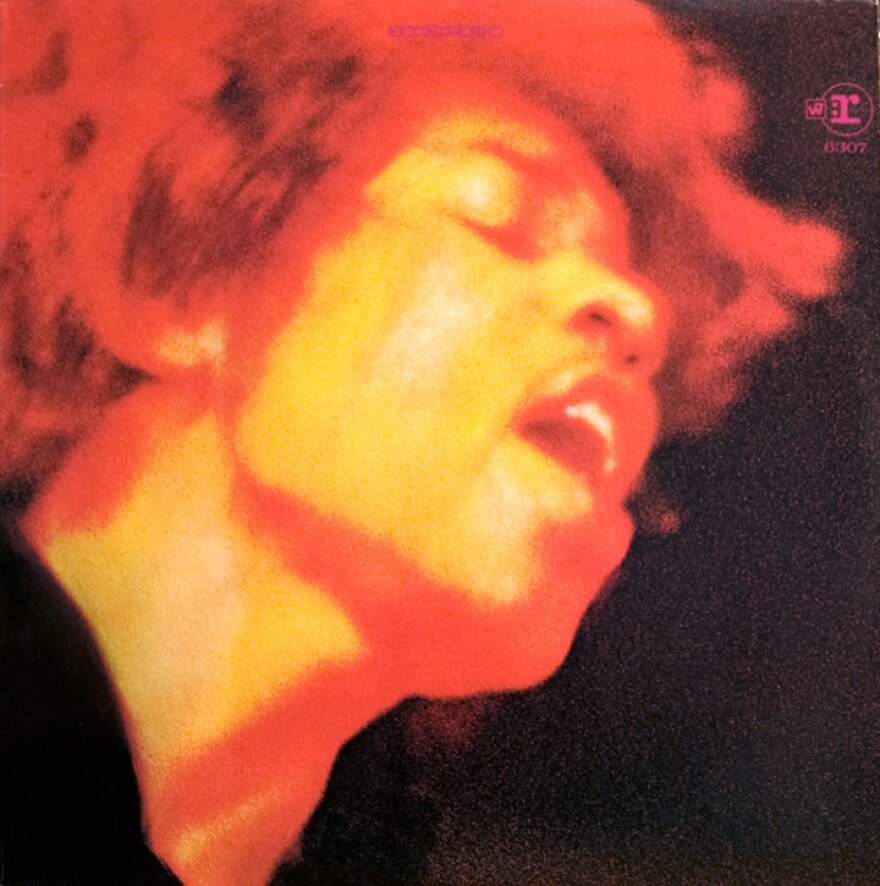It was a good thing in the 1950s when transistors started replacing vacuum tubes. Tubes are fragile, hot, heavy, noisy, power-hungry, expensive and prone to hum. Transistors are cheap, clean, and efficient; they are what make portable audio possible. So if transistors are so good, why are audiophiles willing to pay five figures for a pair of monaural tube amps?
Part of it may be nostalgia, a romantic throwback to the technology they used to record Charlie Parker and Frank Sinatra. But the main reason is that tubes absolutely sound better than transistors. Transistors only sound good if they aren’t overloaded; once they are pushed to the point where they can’t amplify any more, they sound harsh. When tubes are overloaded, they sound warmer, fatter and richer. Its not that tube amplification isn’t distorted, its that the distortion sounds better.
All guitarists know this; artists like Jimi Hendrix know how to push their tubes, and turn the amplifier itself into a musical instrument.




